In Mike Mills’ semiautobiographical film “20th Century Women,” Dorothea (Annette Bening) is the single mother of a skateboarding punk rocker, Jamie, in Santa Barbara in 1979. Fearing that she can’t fully connect with her teenage son, Dorothea enlists the help of two younger women to help raise him: Abbie (Greta Gerwig), a punk rock photographer battling cervical cancer, and Julie (Elle Fanning), the teen who lives next door and is Jamie’s longtime crush.
The film has been nominated for two Golden Globe Awards: best motion picture, musical or comedy, and best actress in a motion picture, musical or comedy, for Bening.
The female characters partly represent Mills’ real-life mother and his two much older sisters, who parented him as his father worked long hours and remained distant from the family. “He literally didn’t know where the fork drawer was in the kitchen,” the soft-spoken Mills, 50, said during a recent interview at The London West Hollywood hotel.
“But the film gets to the heart of my childhood,” added Mills, a former skate punk from Santa Barbara. “My mother and my sisters taught me everything — how to seduce other women and how to be a decent guy, hopefully. What’s interesting to me is: What does it mean to be a boy/man raised by women who teach him masculinity?”
The movie especially becomes an ode to Mills’ late mother, Jan Mills, born in 1925, who was “very progressive and, in some ways, very bohemian,” he said. “She never felt comfortable in the ‘woman’s’ box.”
Jan Mills had hoped to become a pilot during World War II, and then an architect, but settled for serving as the only female draftsperson in a predominantly male company.
“She was 40 when she had me, which was unusual in 1966,” Mills said. “She was completely unlike the other mothers around when I was growing up. She was not only different in age, but also this kind of butch-looking, pants-wearing, hard-drinking, hard-smoking person. It felt like she was a combination of Amelia Earhart and Humphrey Bogart put together.
“But having Humphrey Bogart as your mother can be a very tricky thing,” Mills added. “You don’t get to know exactly what’s going on inside of her. As I grew up in the 1970s, I was exposed to psychology all over the place. Yet, like many people of her generation, the last thing my mom wanted to do was talk about her interior life … and vulnerabilities.”
Even so, Jan prided herself on being a bit subversive. Like the fictional Dorothea, she attended punk rock concerts with her son to learn about that music. She also wrote absence notes explaining that her children hadn’t been able to attend school because they were off volunteering with the Sandinistas.
“My mother identified with any underdog, any minority and all of the downtrodden,” Mills said.
That predilection stemmed in part from her Jewish background. Her father was a German Jew, from a wealthy family, who hid his heritage in the anti-Semitic milieu of the early 20th century.
Young Jan did not know she was Jewish until her family’s country club kicked her off its swim team because her father was Jewish. “He had never told her that,” Mills said. “But then she asked him and learned the truth.”
Jan, whose mother was a Christian Scientist, promptly embraced her Jewish identity. “She became incredibly proud of her Jewishness,” her son said. “But she also had all these ideas that are probably kind of racist — like, Jewish people feel more and they’re more expressive, emotional, down to earth and funny. It became like this division in our family: My dad was a WASP, so therefore he was intellectual and cold; and Jewish people have more heart.”
Mills said that in his 2010 movie, “Beginners,” a character inspired by his mother “is listening to some jazz, and the 8-year-old version of me says, ‘This music is old.’ And she says, ‘No, it’s important. It’s Black, and Black people feel more because they’ve suffered the most. And then the Jews.’ She comes over to the little version of me and says, ‘I’m the most Jewish, so I have the most feelings. You’re the second-most Jewish, so you have the next amount of feelings. And your father’s not Jewish at all, so he doesn’t have any feelings.’ … That was her version of what Judaism meant. So, in my family, being called Jewish was a huge compliment in my mother’s world construct; and to be called a WASP was a huge diss.”
In “20th Century Women,” Dorothea is not overtly Jewish. Instead, Mills focuses on the more universal aspect of her relationship with her son.
Jan Mills died of complications from a baseball-sized brain tumor, at 75, in June 1999. In the aftermath of her death, her son directed his first feature film, “Thumbsucker,” about a man who still sucks his thumb. “I knew it was time to grow up,” Mills said of his inspiration for the movie.
Around Thanksgiving of that year, the filmmaker’s father, Paul Mills, a former director of the Santa Barbara Museum of Art, sat his son down on his living room couch to make a startling revelation. “He said, ‘I’m gay,’ and that he didn’t want to be just theoretically gay,” the director recalled. “Instead, he said, ‘I want something, and it’s sex.’ He was horny all of a sudden and had, like, a gay adolescence.”
Suddenly, the father who had been so removed when Mills was a boy opened up emotionally to his son. “He started wanting to know more about me, and he would call me out on my s— when it came to relationships,” the filmmaker recalled. “I was kind of a serial monogamist, but then I would always do the breaking up. And he’d say, ‘Something is going on, Michael. It’s not the girl’s problem, it’s yours.’ ”
Five years after Paul Mills came out, he died of lung cancer. In a frenzy of grief, Mills wrote and directed “Beginners,” which told his father’s late-in-life coming-of-age story.
“When I was doing ‘Beginners,’ I was really enjoying working from memory, and in a kind of journalistic way from my own family,” Mills said. “And then I started thinking, ‘Gosh, my mom is actually so much more interesting than my dad in some ways, as a potential character, because she was really rebellious and a little strange.”
The result was “20th Century Women,” whose script caught Bening’s attention when she read it two years ago. During an interview at The London, Bening said she was intrigued by Dorothea’s “very enigmatic” nature: “You can’t really pin her down. You don’t know what she’s going to say. There are times when she’s very warm and sympathetic, and other times she can be rude or abrupt. Like many women of her generation, she’s tough, she’s impenetrable. … She has some secrets — not deep, dark secrets, but she’s psychologically complex. … Part of what she’s experiencing isn’t available to her son, and she can’t make it available to him.”
The character of Abbie is based upon his oldest sister, an artist who was diagnosed with cervical cancer in her early 20s. The fictional Julie was inspired by teenage girls Mills knew in his youth, who told him intimate details about their sex lives. Mills also rounded out the character by interviewing women who were teenagers in 1979.
In the end, Mills said, his mother was a “harder ghost” to re-create than his father.
“She was much more private and a kind of trickster figure,” he said. “I spent years trying to get inside her head, and I don’t think she would have wanted a movie made about her. … So I had, like, this little dance with her in my [mind]. I was like, ‘You’ve been dead for a long time now, Mom, but I’m still alive.’ ”
“20th Century Women” will open in Los Angeles theaters on Dec. 28.






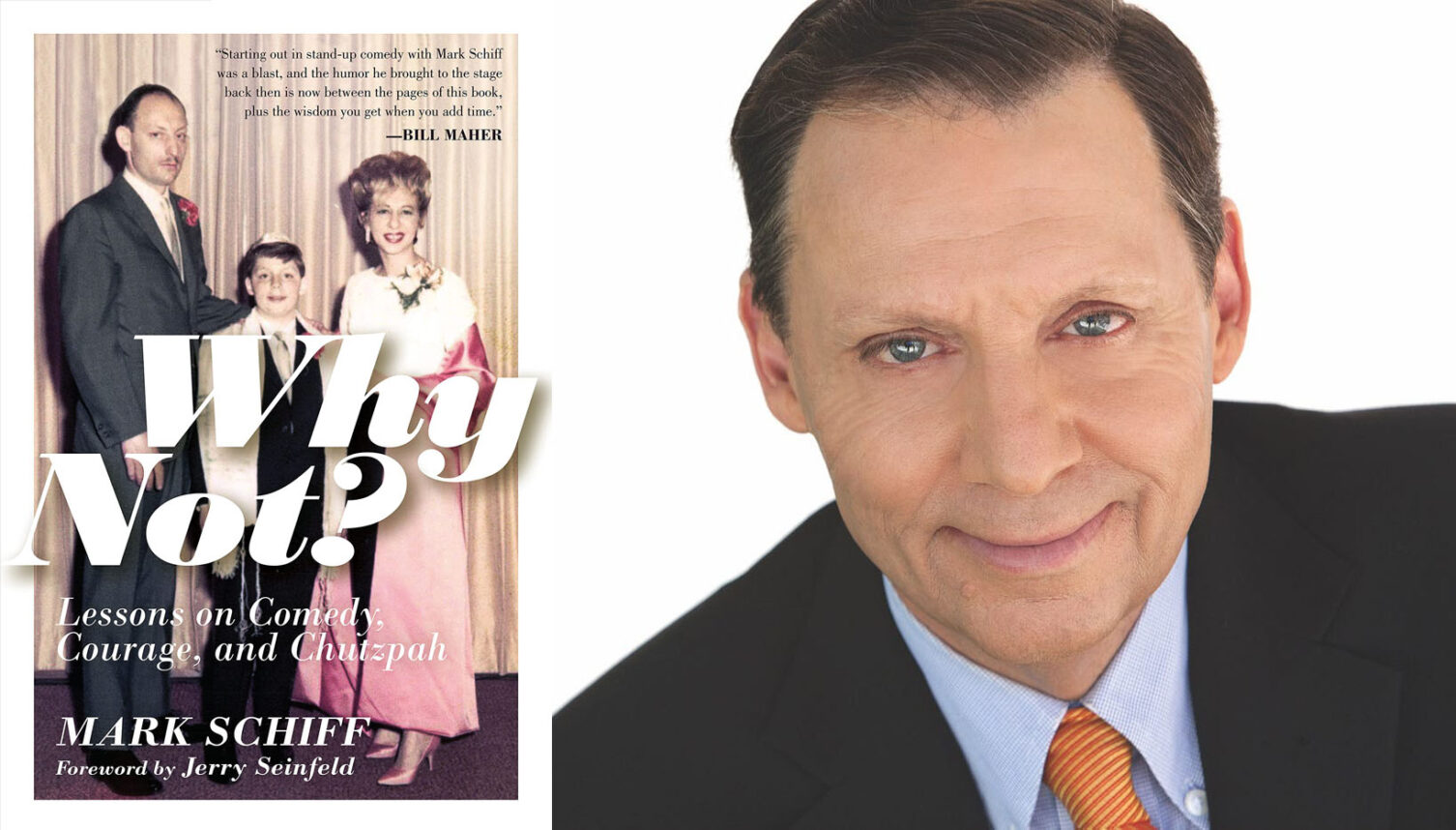
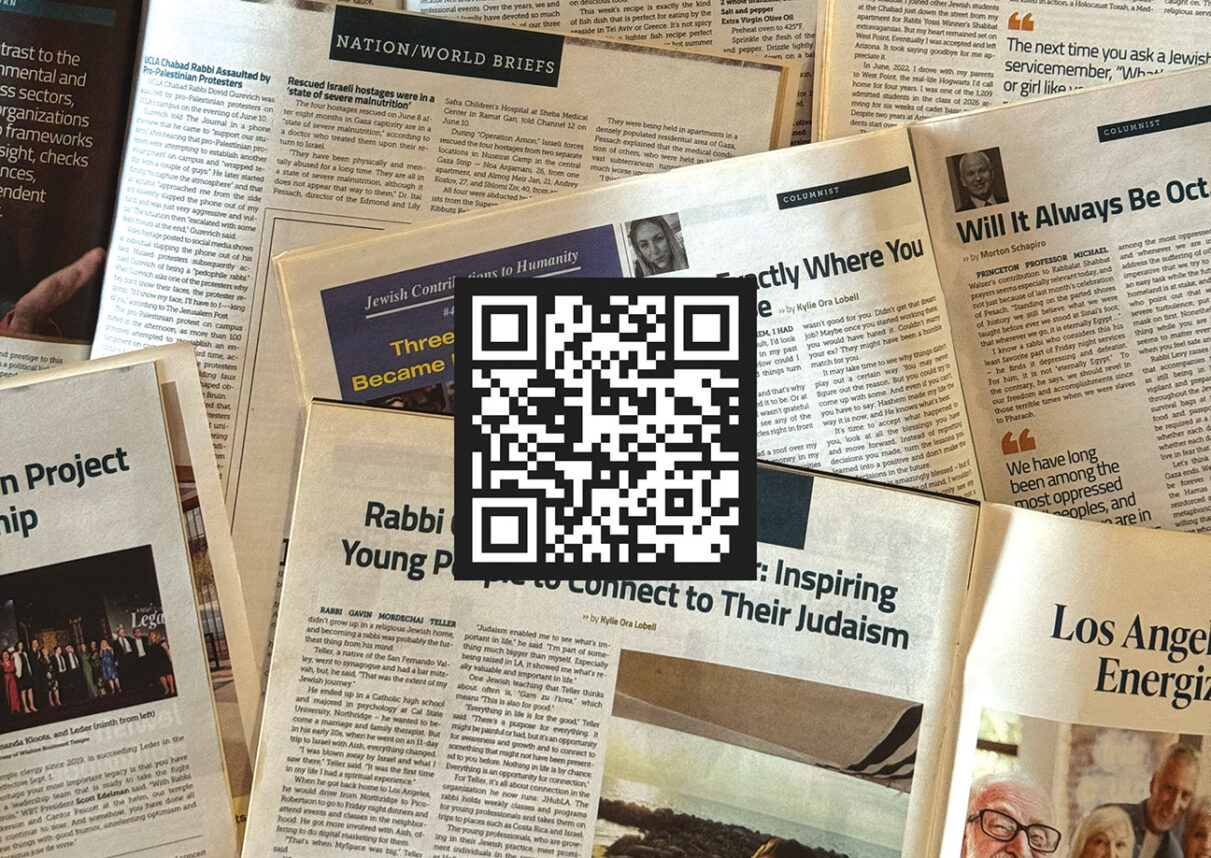
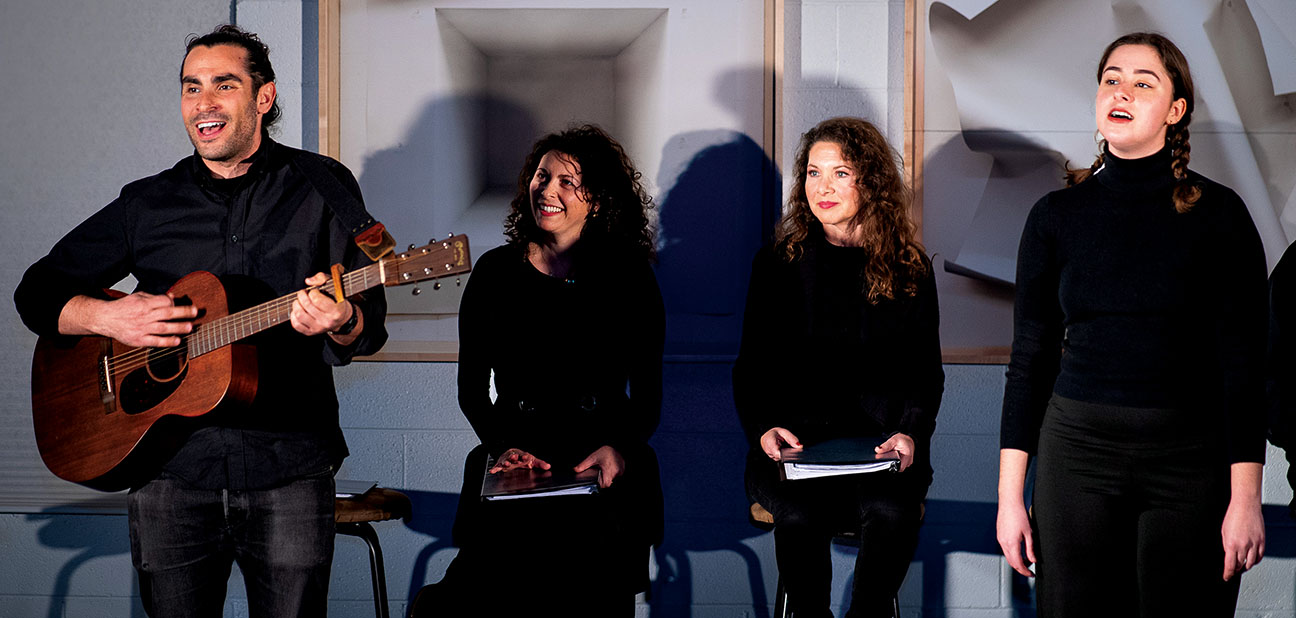










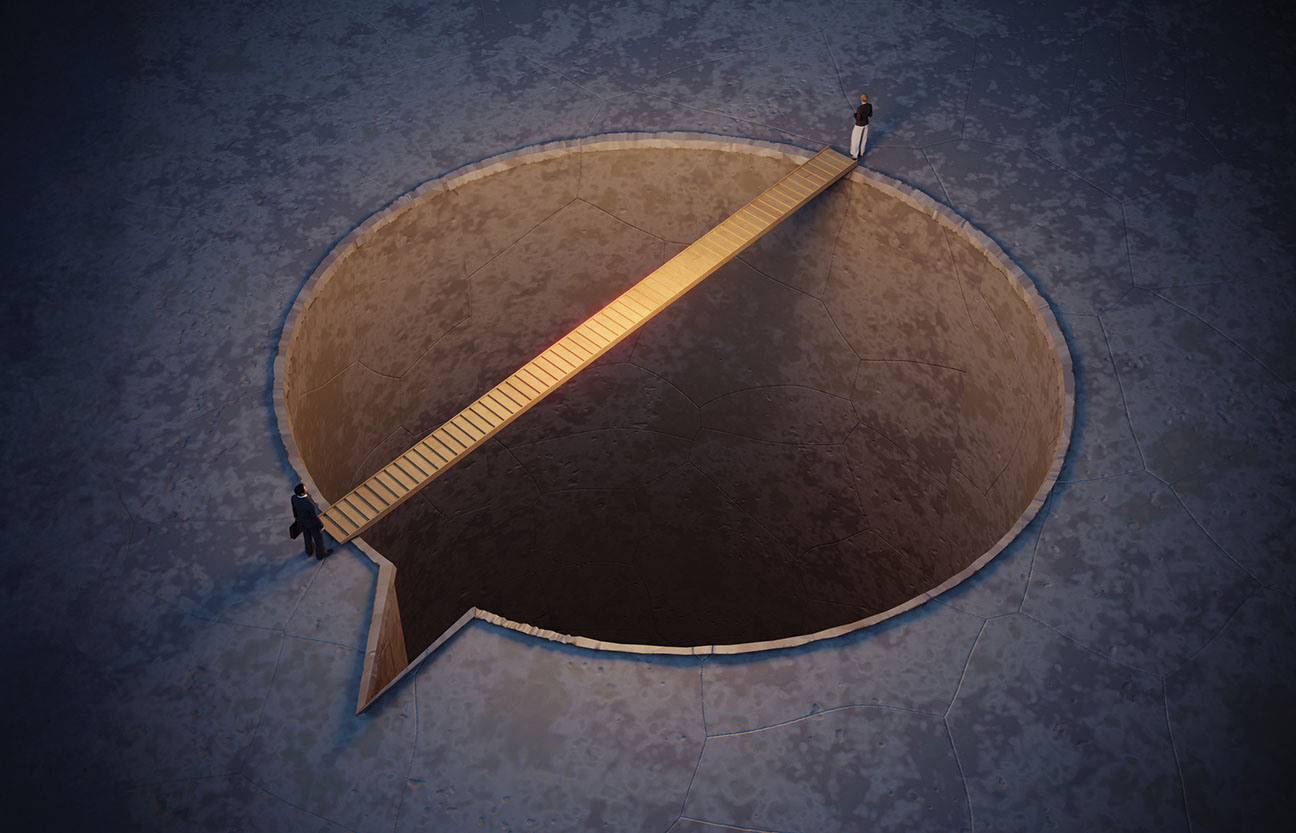



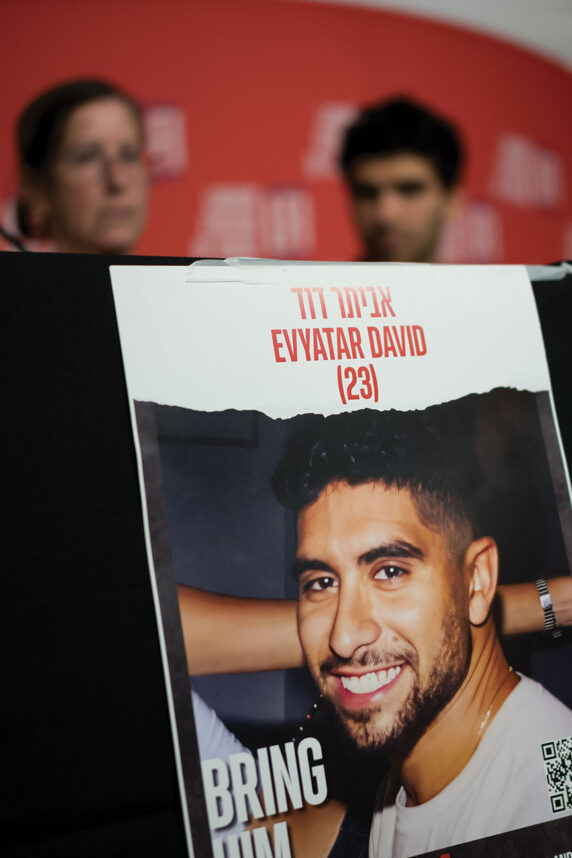
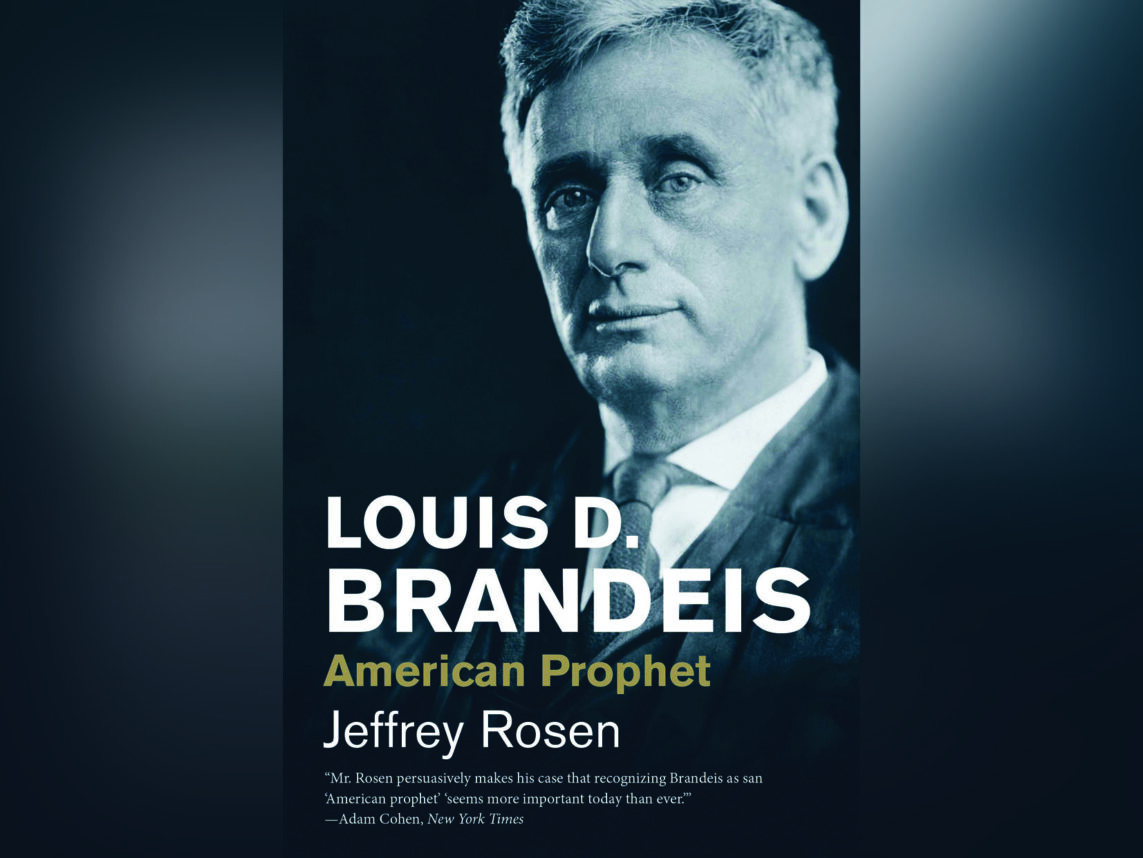





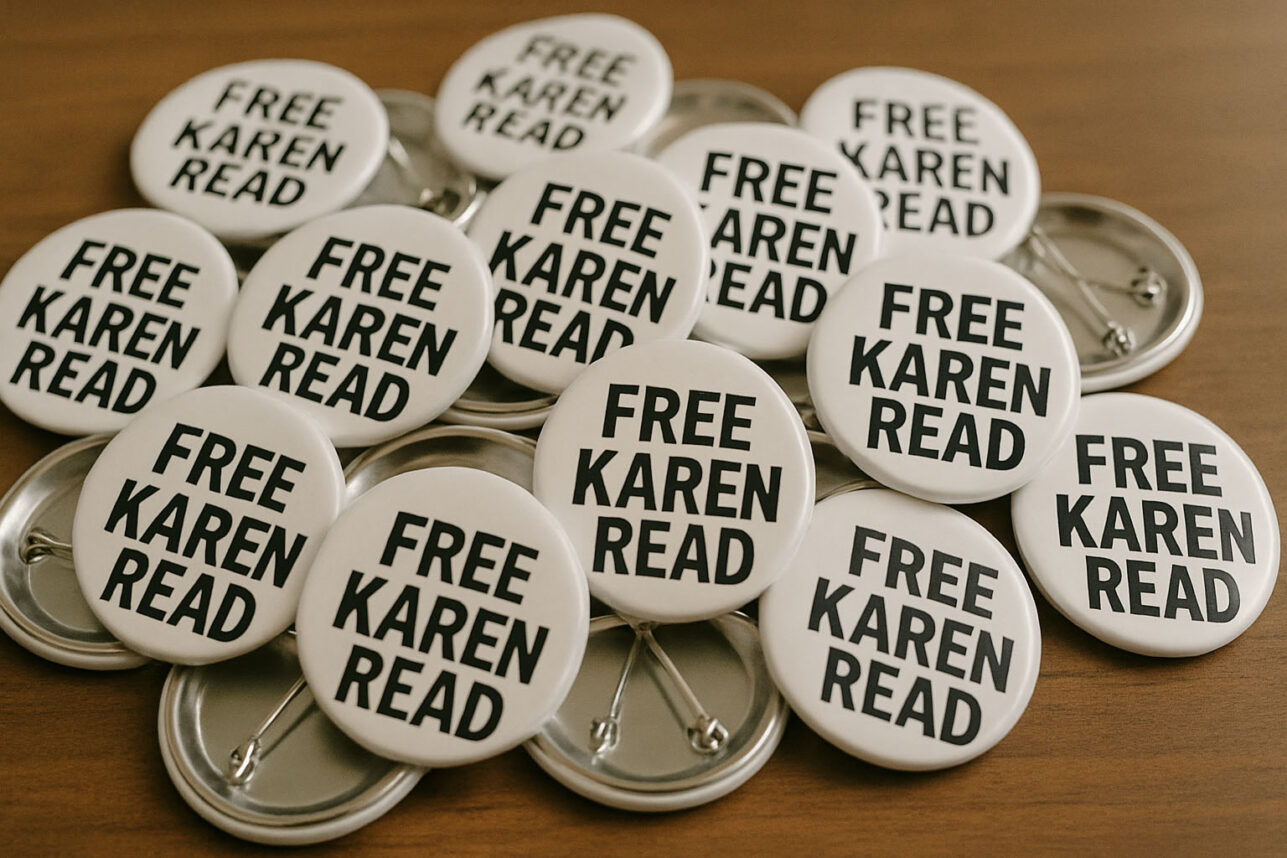
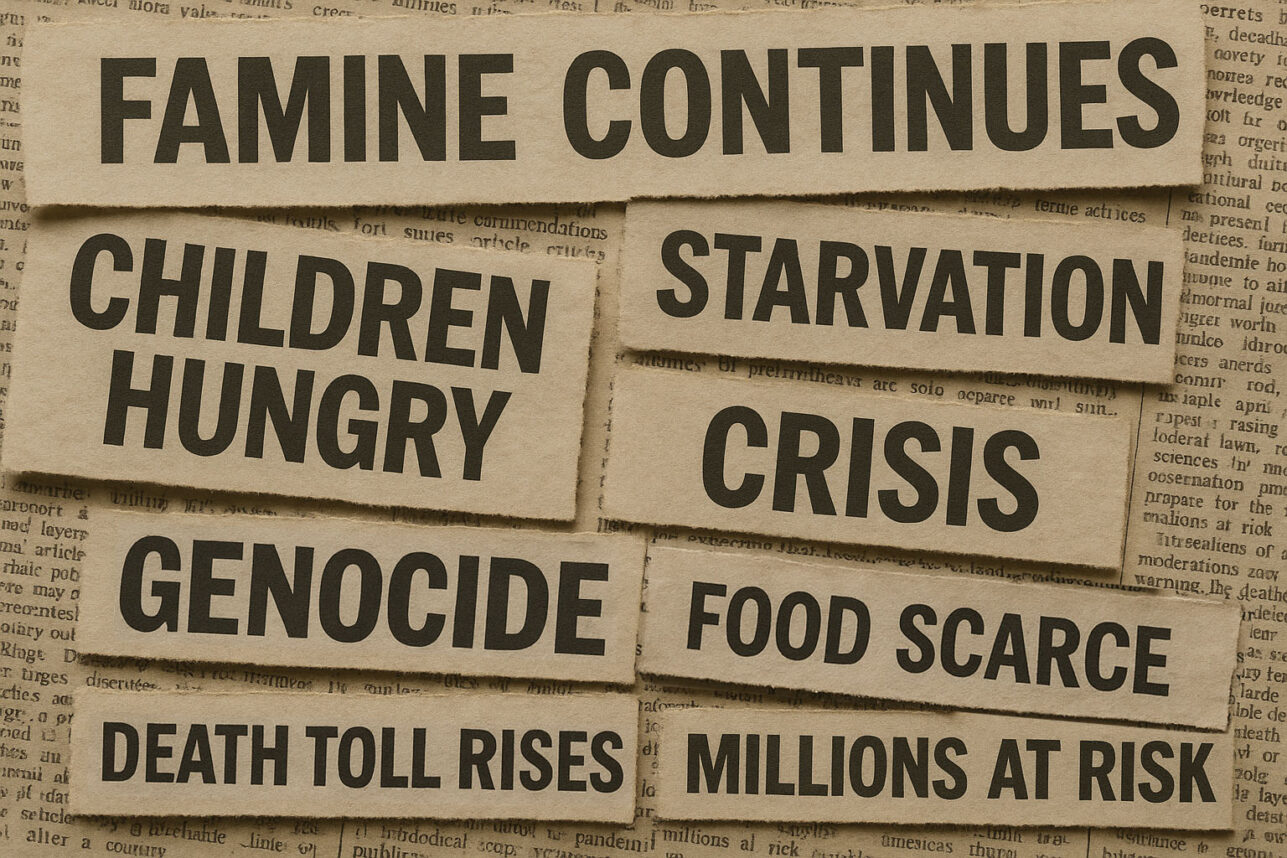

 More news and opinions than at a Shabbat dinner, right in your inbox.
More news and opinions than at a Shabbat dinner, right in your inbox.